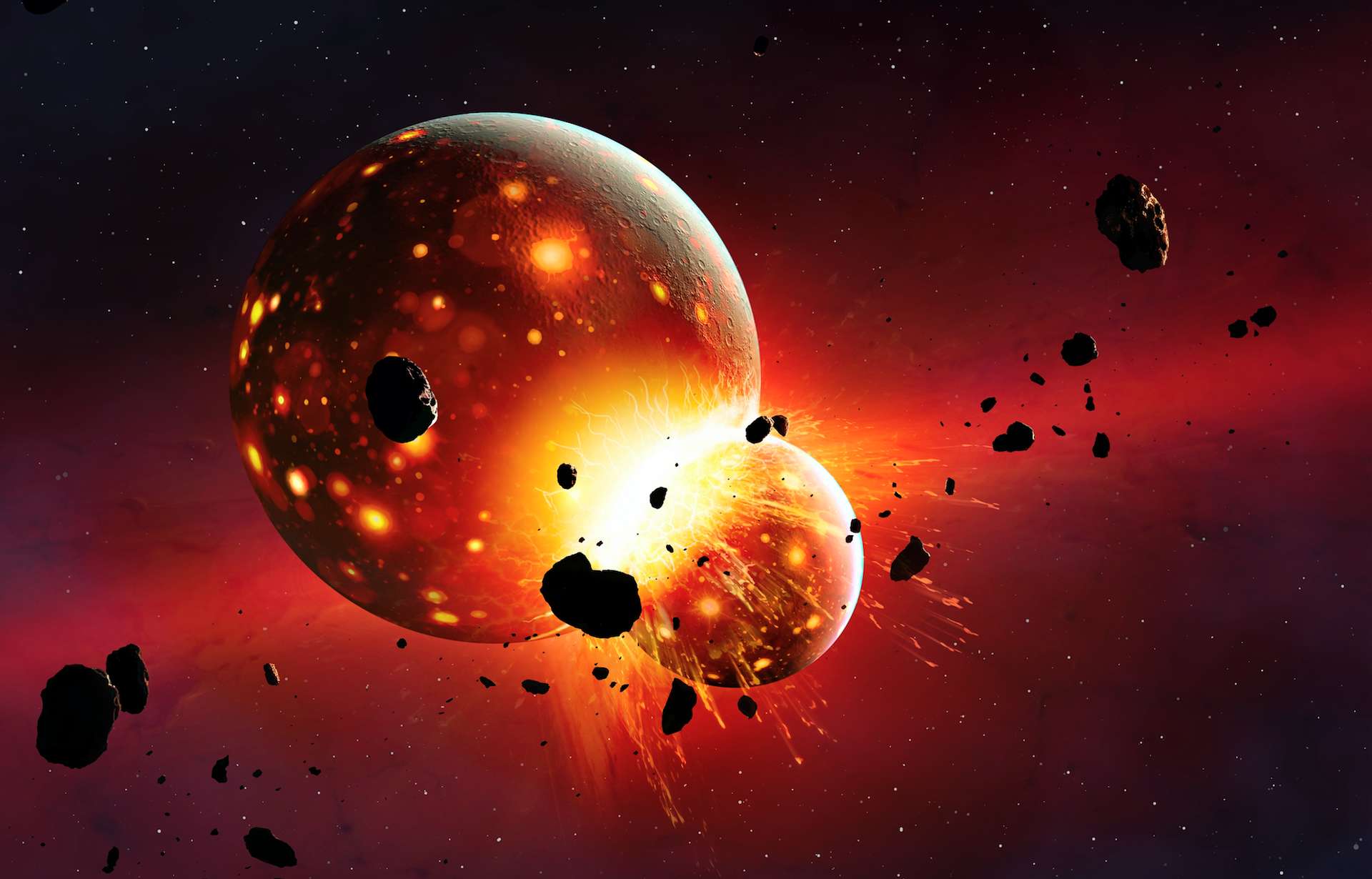Z Online Class: A Zoom invitation link will be sent one day before each session begins.
Our Solar System makes sense: small planets like Earth located close to the Sun where only metal and rock could condense, and gas and ice giants like Jupiter and Uranus located far out where it was cool enough for ices to form. So when the first exoplanets (planets around other stars) were discovered, it came as a shock to find super-Earths, "hot Jupiters" close to their parent star, and planets whose structure has been dramatically modified by their environment. In this class Philip Hughes will survey the Solar System and summarize the current state of exoplanet discoveries, then discuss modern ideas on planet formation. We now realize that, in the early history of planetary systems, planets can migrate – with the possibilities of crossing other orbits, falling into their parent star, or even being ejected from the system into interstellar space. Violent impacts can shape a planet's structure, and stellar heat and wind can bloat and strip material from planetary atmospheres.

Philip Hughes teaches in the Department of Astronomy at the University of Michigan. His research focuses on the high-energy particles and magnetic fields in the jets of plasma associated with supermassive black holes in galaxies.